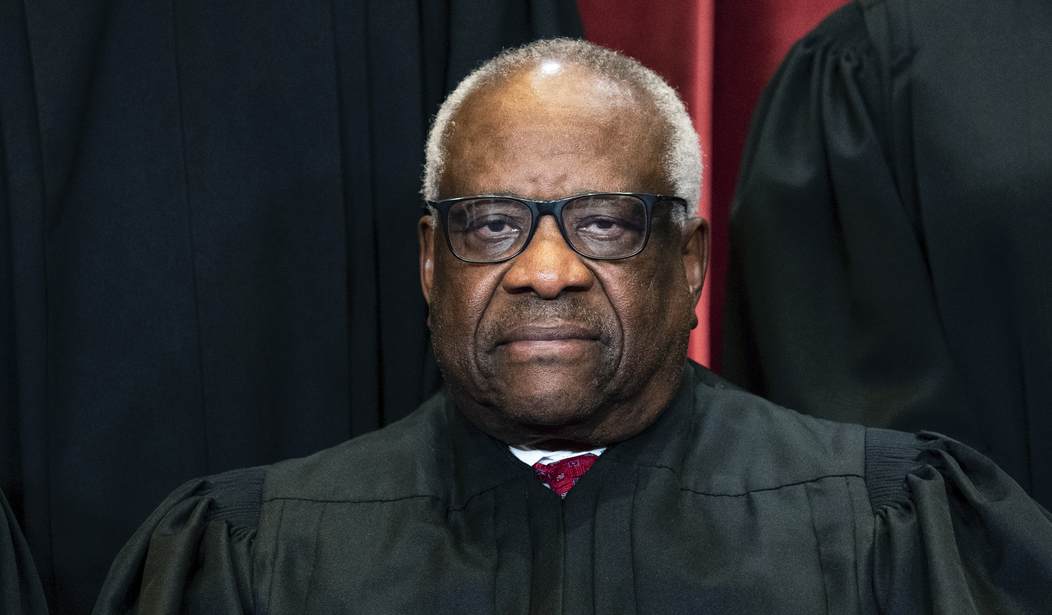In a solo concurring opinion to Dobbs v. Jackson Women’s Health Organization, Justice Clarence Thomas said the Supreme Court should reconsider other opinions.
Specifically, the conservative justice pointed to Griswold, Lawrence, and Obergefell, which concern contraception, same-sex relationships, and same-sex marriage.
“The Court’s abortion cases are unique…and no party has asked us to decide ‘whether our entire Fourteenth Amendment jurisprudence must be preserved or revised,” he wrote. “Thus, I agree that “[n]othing in [the Court’s] opinion should be understood to cast doubt on precedents that do not concern abortion.
“For that reason, in future cases, we should reconsider all of this Court’s substantive due process precedents, including Griswold, Lawrence, and Obergefell,” he continued. “Because any substantive due process decision is ‘demonstrably erroneous’…we have a duty to ‘correct the error’ established in those precedents…”
The 1965 ruling in Griswold v. Connecticut protected the right of marital privacy against state restrictions on contraception. The high court ruled 7-2 in Griswold.
In 2003, the Supreme Court ruled 6-3 in Lawrence v. Texas that a Texas law which made it a crime for two people of the same sex to engage in intimate consensual sexual conduct violated the Due Process clause of the Constitution, invalidating sodomy laws nationwide.
And 2015’s Obergefell v. Hodges held that the right for same-sex couples to marry is guaranteed under both the Due Process Clause and the Equal Protection Clause of the Fourteenth Amendment. The 5-4 ruling legalized same-sex marriage all 50 states, Washington, D.C., and all of the United States’ territories. (NY1)
Recommended
Thomas added: “After overruling these demonstrably erroneous decisions, the question would remain whether other constitutional provisions guarantee the myriad rights that our substantive due process cases have generated. For example, we could consider whether any of the rights announced in this Court’s substantive due process cases are “privileges or immunities of citizens of the United States” protected by the Fourteenth Amendment.”
Thomas said other questions would first need to be considered, such as “whether the Privileges or Immunities Clause protects any rights that are not enumerated in the Constitution and, if so, how to identify those rights.”
In a solo concurring opinion, Thomas says the court should reconsider rulings that protect contraception, same-sex relationships, and same-sex marriage. pic.twitter.com/zcQNko6NVR
— Matt Ford (@fordm) June 24, 2022
GOAT
— Marina Medvin ???? (@MarinaMedvin) June 24, 2022
"...in future cases, we should reconsider all of this Court’s substantive due process precedents, including Griswold, Lawrence, and Obergefell. Because any substantive due process decision is demonstrably erroneous."
-Justice Thomas pic.twitter.com/VGEdD5MAae
Editor's Note: This post has been updated.

























Join the conversation as a VIP Member